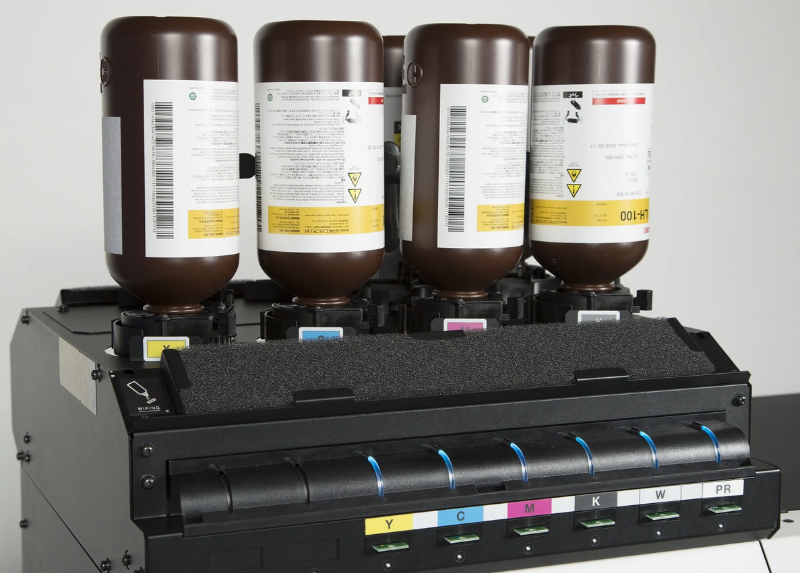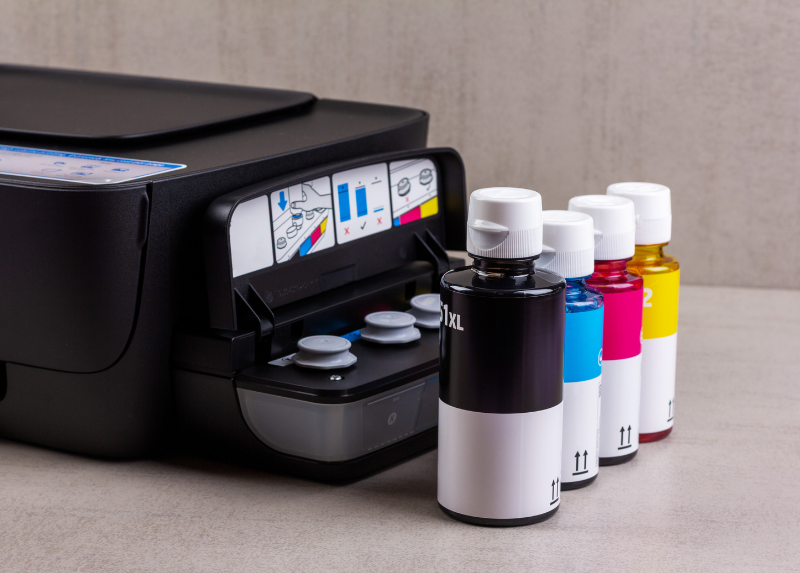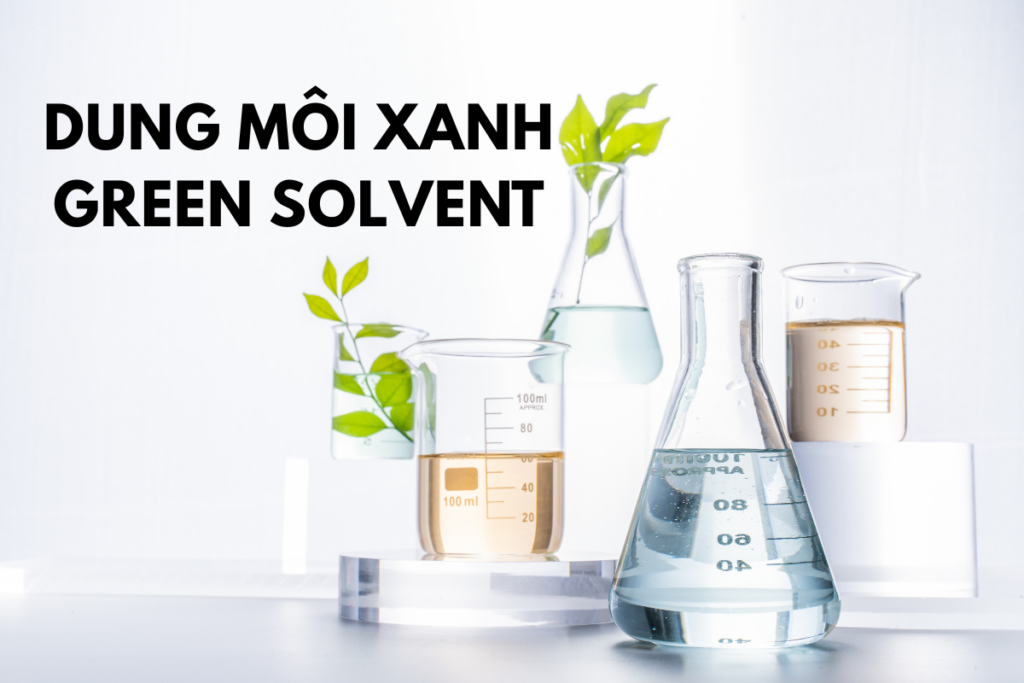What is Acetone solvent? Preparation process, applications
16/05/2025
|
Industry news
Acetone is not only common in manufacturing but also appears in everyday life, for example in nail polish removers. Thanks to its versatility and affordable cost, this solvent plays an important role in chemical plants and production workshops worldwide. To better understand what acetone solvent is, the article below provides readers with detailed information on its key properties, preparation process, applications, and important notes on usage and storage. Check it out now!
What’s Acetone?
Acetone, also known by its chemical name propanone, is an organic compound of the ketone group, with the chemical formula C3H6O. It is a colorless, volatile liquid with a mild characteristic odor and is widely used in many industries such as coating, plastic, ink and cleaning. With its strong dissolving ability and fast evaporation rate, Acetone becomes the optimal choice in processes that require high efficiency.
Acetone is not only popular in production but also appears in daily life, for example in nail polish remover. Thanks to its versatility and reasonable price, this solvent plays an important role in chemical plants and manufacturing plants worldwide.

Characteristics of Acetone
Acetone possesses outstanding characteristics, making it suitable for many different applications. Here are the main properties:
Chemical formula
The chemical formula of Acetone is C3H6O, consisting of 3 carbon atoms, 6 hydrogen atoms and 1 oxygen atom. It is the simplest ketone in organic chemistry.

State
Acetone exists as a colorless, transparent liquid with a characteristic slightly sweet odor. It evaporates easily at room temperature and has a low boiling point of about 56°C.
Characteristics
- Volatility: Acetone has a high evaporation rate, which is the main reason why it is used in the production of paints and quick-drying inks.
- Solubility: It dissolves well in organic substances such as resins, greases, synthetic rubber (neoprene), acrylic and nitrocellulose.
- Flammability: Acetone is flammable and should be handled with care in high temperature or spark environments.
Acetone preparation process
Acetone is mainly produced through the cumene hydroperoxide process, a common industrial method today. The process includes the following steps:
- Cumene oxidation: Cumene (isopropylbenzene) is oxidized in air to produce cumene hydroperoxide.
- Decomposition: Cumene hydroperoxide is then decomposed by acid, forming Acetone and phenol – the two main products.
- Refining: Crude Acetone is separated and purified through distillation to achieve high purity, usually 99% like the imported product from Taiwan (160kg/drum).
In addition, Acetone can also be prepared by fermentation or oxidation of isopropyl alcohol, but on a smaller scale and less popular in industry.

Application of Acetone in production
Thanks to its superior properties, Acetone is widely used in many fields:
Production of coating and resins
Acetone reduces the viscosity of coating containing resins, making the paint easier to apply.
With a fast evaporation rate, it is used in the production of quick-drying and high-solids coating, ensuring a smooth and durable coating.
Cleaning and dehydrating solvent for electronic components
Acetone removes grease, dirt and moisture on the surface of electronic components, ensuring precision and safety in assembly.
Co-solvent for neoprene, acrylic and nitrocellulose
As an ideal solvent for synthetic rubber (neoprene), acrylic and nitrocellulose, Acetone helps improve the uniformity and adhesion of materials.
Quick-drying ink
In the printing industry, Acetone is added to ink to increase the drying speed, especially for industrial inks that require high performance.
Solvent in dry cleaning
Acetone is used in the laundry industry (dry cleaning) to remove stubborn stains on fabrics without water.

Notes on using and storing Acetone
To ensure safety and effectiveness when working with Acetone, the following notes must be followed:
Notes on storage
- Avoid heat sources: Acetone is flammable, so it must be stored in a sealed container (160kg drum or small can), placed in a cool place, away from sparks, gas stoves or direct sunlight.
- Close the lid: Prevent evaporation and reduce the risk of toxic vapor leakage.
- Keep out of reach of children: Ensure a safe storage area, avoid unnecessary contact.
Notes on use
- Wear protective gear: Use chemical-resistant gloves, goggles and a mask to avoid irritation to the skin, eyes or respiratory tract.
- Work in a well-ventilated area: Avoid breathing Acetone vapors in a confined space, as it may cause dizziness or nausea.
- Do not spill into the environment: Dispose of Acetone waste according to regulations to protect the ecosystem.

Conclusion
Acetone solvent is not only a versatile chemical but also a powerful assistant in the production of paints, plastics, printing inks and many other industries. With its volatile properties, strong solubility and modern preparation process, Acetone continues to affirm its important role in the market. However, always be careful when using and storing to ensure absolute safety.
Contact K-Chem now – a reputable supplier of large quantities of high-quality and affordable acetone solvent – to receive free consultation from our team of experienced experts!
K-CHEM VIETNAM CO., LTD
- N6B Road, Lot F, Phu Chanh 1 Industrial Park, Phu Chanh Ward, Tan Uyen City, Binh Duong Province, Vietnam
- Tel: +84 274 362 0218
- Email: info@k-chem.vn
- Website: https://k-chem.vn






